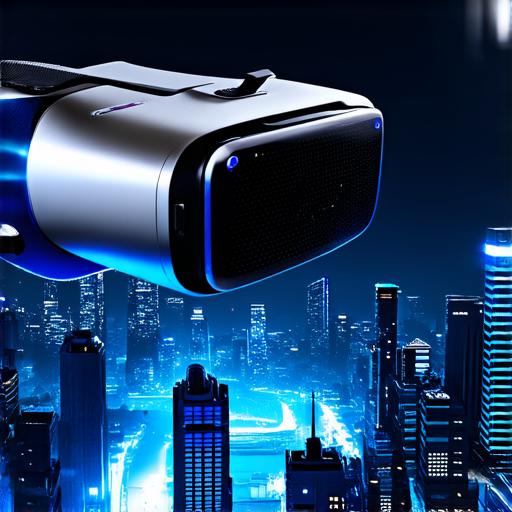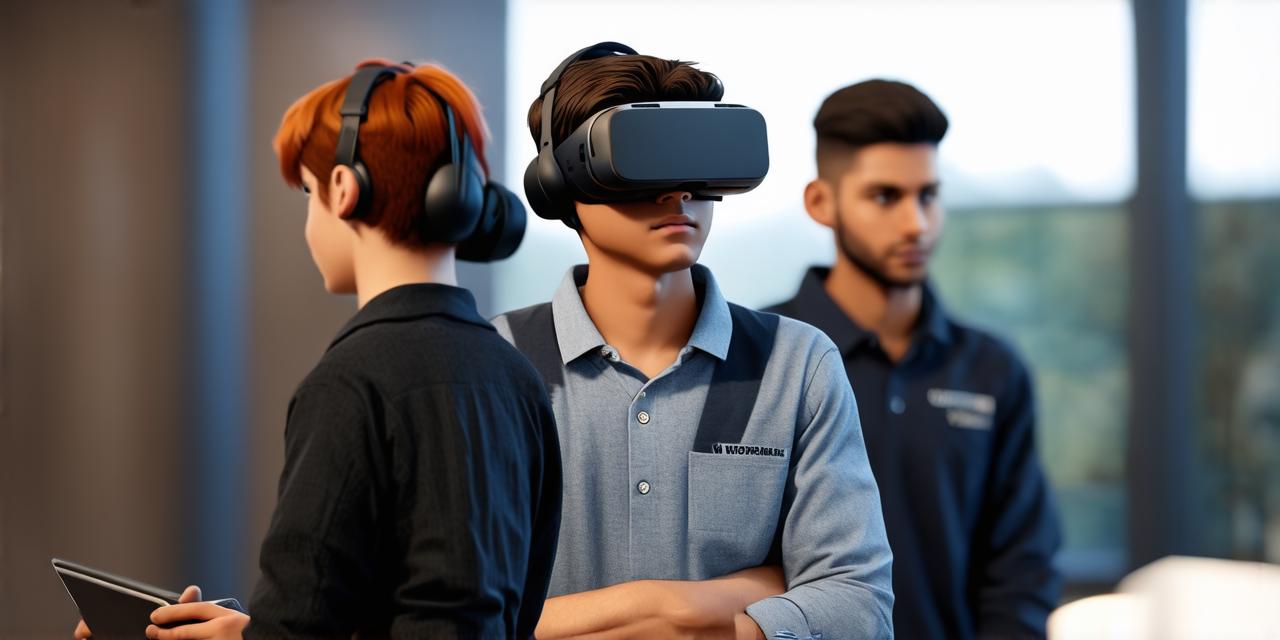Virtual Reality (VR) technology has been around for quite some time now, and it has come a long way in terms of both hardware and software capabilities. With the advent of more advanced VR systems, such as the Oculus Quest 2, many people are considering investing in this technology for their personal or professional use. In this article, we will explore the pros and cons of VR to help you make an informed decision about whether it’s right for you.
Pros of VR
- Immersive Experience: The most significant advantage of VR is that it allows you to experience things in a completely immersive way. You can feel like you are truly in the environment, interacting with objects and people around you. This can be especially useful for training simulations, such as flight simulators or medical simulations.
- Entertainment Value: VR technology can also be used for entertainment purposes. Games, movies, and other experiences can be brought to life in a way that feels incredibly realistic, making it an exciting way to pass the time.
- Enhanced Learning: With VR technology, you can learn new skills and concepts by experiencing them firsthand. This can make learning more engaging and effective than traditional methods, such as reading or watching videos.
- Therapeutic Benefits: VR has been shown to have therapeutic benefits for people with conditions such as anxiety, depression, and PTSD. By creating a safe and controlled environment, VR can help individuals confront their fears and overcome them.
- Accessibility: With the advent of more affordable VR systems, such as the Oculus Quest 2, VR technology is becoming more accessible to people who may not have had access to it before. This means that more people can experience the benefits of VR for themselves.

Cons of VR
- Cost: One of the main disadvantages of VR technology is its cost. High-end systems, such as the Oculus Quest 2, can be quite expensive, and there are additional costs associated with software and maintenance.
- Motion Sickness: Some people may experience motion sickness when using VR technology. This can be uncomfortable and disruptive to the experience.
- Limited Social Interaction: VR experiences can be isolating, as they require a single user to interact with the environment. While there are some social VR experiences available, they may not offer the same level of interaction as real-world social experiences.
- Limited Realism: Despite advancements in hardware and software, VR experiences may still not replicate real-life situations perfectly. This can limit their usefulness for certain applications, such as training simulations.
- Addiction: Some people may become addicted to VR technology, which could negatively impact their social and professional lives. It’s important to use VR in moderation to avoid this risk.
In conclusion, while there are certainly pros and cons to VR technology, it ultimately depends on the individual and their specific needs and wants. If you’re considering investing in VR, it’s important to weigh these factors carefully and determine whether the benefits outweigh the drawbacks for your situation.


